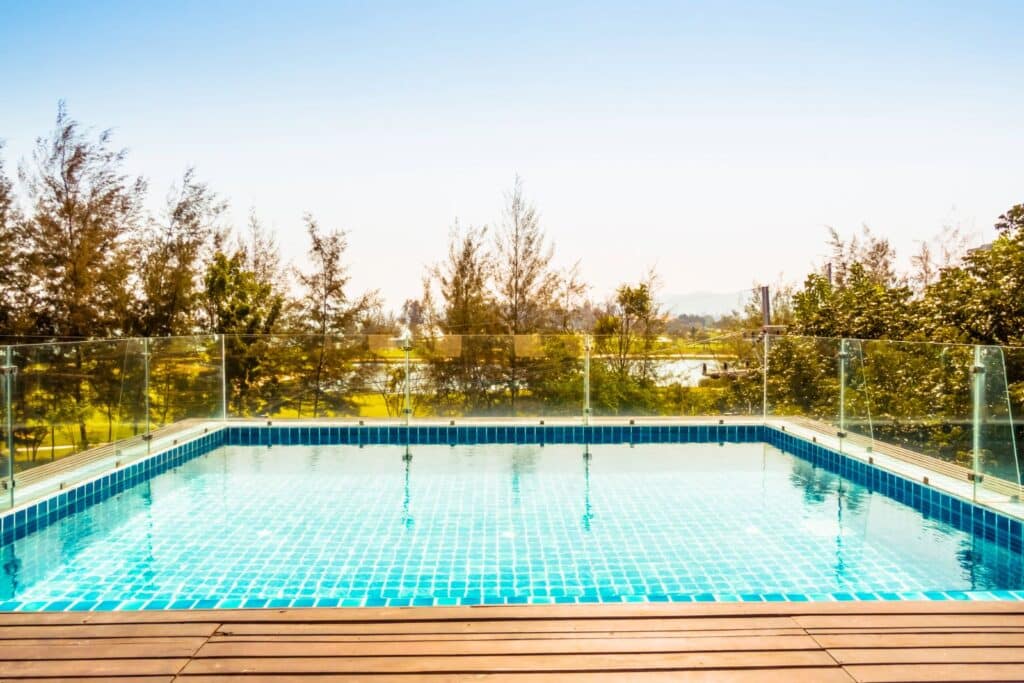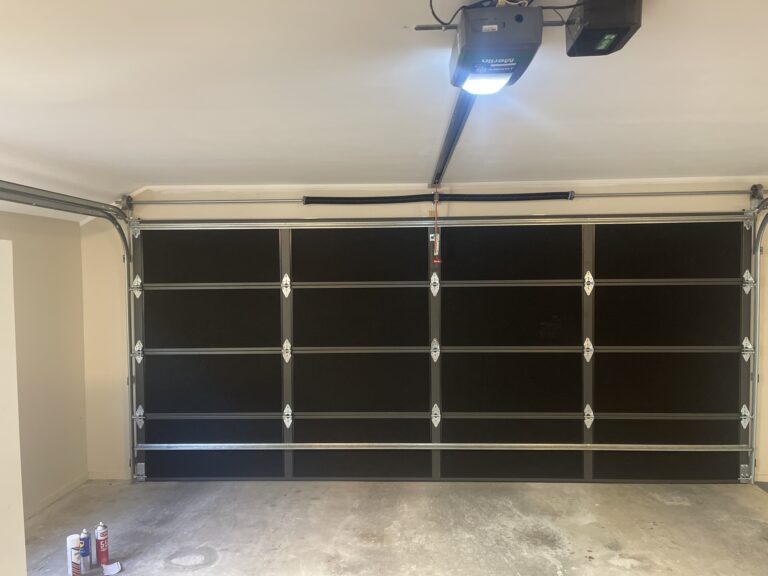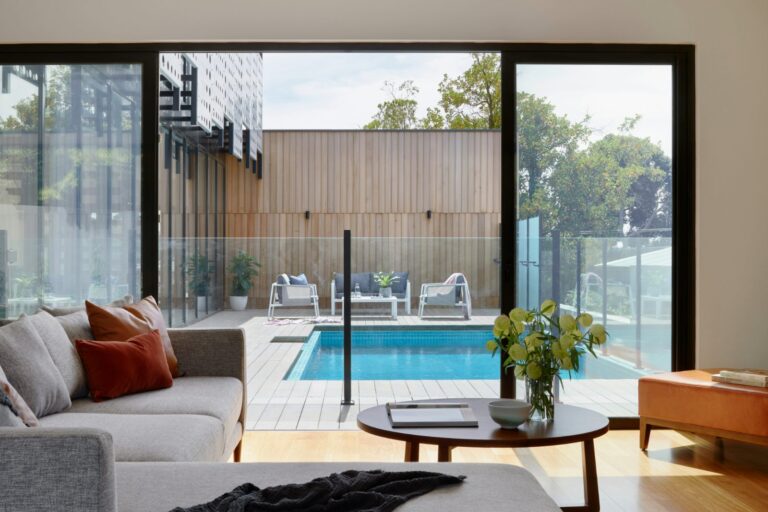For homeowners in Christchurch, ensuring that your pool area is safe and meets all legal requirements is essential. Pool fencing regulations are in place to protect children and prevent accidents, and these laws are strictly enforced across New Zealand. In Christchurch, where the climate and landscape can vary, it’s important to understand these rules to ensure your pool fence not only looks great but also meets safety standards.
In this article, we will break down the key factors surrounding pool fencing regulations in Christchurch, including height restrictions, climbability tests, and childproof requirements. We’ll also provide helpful resources to guide you through the process of making your pool area safe and legally compliant.
1. Pool Fence Height Requirements
One of the fundamental rules when installing a pool fence in Christchurch is the height requirement. According to the Christchurch City Council’s Pool Fencing Regulations, pool fences must be at least 1.2 metres tall. This height ensures that children cannot easily climb over the fence.
When measuring the height of your fence, it’s important to consider the measurement from ground level to the top of the fence. Additionally, there should be no footholds or gaps that a child could use to climb over the fence, so the design and materials used should be considered carefully.
2. Climbability: Avoiding Risky Gaps and Features
It’s not just about the height of the fence — the climbability of the fence is another key factor in ensuring that it meets safety standards. The regulations state that the fence should not have horizontal rails, ledges, or gaps that children could use to climb.
Fencing materials, such as glass panels or smooth aluminium, are a good choice because they don’t provide any footholds. If you choose timber or wire fencing, make sure the spaces between vertical posts are narrow enough (usually no wider than 100mm) to prevent children from squeezing through. Always keep in mind that the goal is to prevent young children from accessing the pool area unsupervised.
3. Childproof Gates and Latches
A pool fence isn’t complete without a secure gate. The gate is often the weakest point of the fence, so ensuring that it complies with safety regulations is crucial.
According to the Christchurch City Council’s Pool Fencing Regulations, the gate must be self-closing and self-latching. This means that once the gate is opened, it should automatically close and latch behind you, preventing it from being left open. The latch should be located at least 1.5 metres above the ground, making it difficult for young children to reach.
Additionally, gates should open outwards (away from the pool area) and be fitted with a secure locking mechanism that cannot be easily tampered with.
4. Compliance with Local Council Regulations
While the national standards set by the New Zealand Building Code provide a baseline, Christchurch homeowners must also adhere to local regulations. Christchurch City Council requires that all pool fences are constructed in accordance with national guidelines, and any new installations or modifications must be inspected by the council to ensure compliance.
Homeowners should be aware that failure to comply with these regulations could result in fines or even the need to remove or replace the fence. To avoid these issues, it’s always best to check in with Christchurch City Council or a certified installer to confirm that your pool fence meets all local requirements.
For more information on Christchurch’s pool fencing regulations, visit the Christchurch City Council website.
5. Regular Inspections and Maintenance
Even once your pool fence is installed, it’s important to carry out regular checks to ensure that it remains compliant. Over time, wear and tear from the weather or from everyday use can affect the functionality of gates, locks, and other key features of the fence. In Christchurch, where the weather can be particularly harsh, paying attention to these details is vital.
Check for any loose posts, rusty parts, or broken latches, and repair or replace any damaged components as soon as possible. Regular cleaning and maintenance of your pool fence will also help it last longer, keeping your pool area safe for years to come.
6. Working with a Professional Pool Fencer
Working with a professional pool fencer ensures that all regulations are met and the installation is carried out correctly. A certified pool fencer will be up-to-date with the latest local and national regulations and will ensure your pool fence is built to last.
Professional installation also helps to reduce the risk of errors that could lead to compliance issues or safety concerns. If you’re looking for expert advice on pool fencing, get in touch with a professional pool fencer to make sure your installation is done safely and legally.
Free Photo | Parents teaching their daughter swimming in the pool

Conclusion
Ensuring that your pool fence complies with safety regulations is crucial for protecting young children and providing peace of mind. By understanding the height requirements, climbability regulations, and childproofing rules, Christchurch homeowners can create a pool area that is both safe and legally compliant.
For more detailed information or to discuss your specific pool fencing needs, it’s always a good idea to consult with experts in the field. Working with a professional will ensure your fence is built to the highest standards and remains secure for years to come.
For guidance on pool fencing solutions or to get answers to your questions, be sure to check out the Christchurch City Council’s Pool Fencing page and the New Zealand Building Act 2004.




